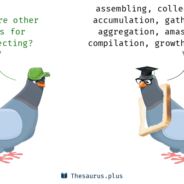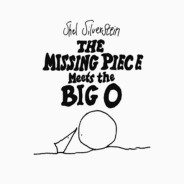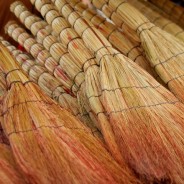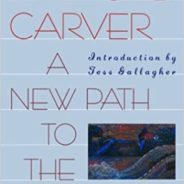Posted by Diane Morrow on December 13, 2006 in Guest House, Healing Images

Over twenty years ago now, when I was in medical school at the University of Missouri, I wandered over to the main campus looking for a writing class, and, in a stroke of good fortune, found an excellent writing teacher, Janet Desaulniers. She was all the good things you want a writing teacher to be—smart, funny, attentive, encouraging, dexterous with language and form. She teaches now in the MFA program in writing at the School of the Art Institute in Chicago. Last year she did an interview with Alex Shapiro which appears in the on-line magazine, Identity Theory. The entire interview is worth taking a look at, but the bit I want to draw attention to here is the bit, about halfway through, when she begins to talk about writing the story, “After Rosa Parks,” which appears now in her fine collection, What You’ve Been Missing. She talks about how when she was first trying to write “After Rosa Parks” she would start with a piece of something—a strong something—a moment or a snatch of dialogue—and then she’d find herself forcing it, trying to make it into a scene, trying to make it become a story. She says this: It was so utilitarian. Not to mention agonizing. I kept killing each spark of promise because I kept pushing each one past what I knew for sure. And that’s how you end up telling the kind of lies fictions cannot tell. Anyway, enduring the pain of failing and failing that story, which I very much wanted to tell, opened me up to seeing early composition in new ways. Now I start with collecting things. I don’t try to know anything and lead anything. Seeing early composition in new ways. Collecting. And she goes on to tell how she started this process of collecting with one of her students. He was a talented writer, had been in the writing program at Chicago for three years, and he was feeling this kind of suicidal desperation because he hadn’t yet written anything he felt was good enough. And she made this deal with him—1666 words a day. For a month. That was the deal. Not trying to make these words be anything yet. Not trying to write a story—or a poem—or even an essay. Just collecting things. She describes it like this: . . . once you start collecting things you come to respect discrete units of significance for what they are. You don’t say, Oh, I own this really good interlude, now how can I hook it up with something else? Because you’re not making. You’re collecting. So it’s all about listening to the sound of matter. Of significance. It might be an observation; it might be a piece of dialogue. If you have to write 1,666 words a day, everything’s game. At breakfast my husband would say, “You know, I think this sweater’s going to change my life.” And after I finished laughing, I thought, Right, I’m taking that. Discrete units of significance. I like that. Later in the interview she talks about the next steps—taking these units and using craft to create and discover form in these units. But I’m interested now, and first, in the units themselves. The early stage of composition. And I’m writing about this here because...
read more




